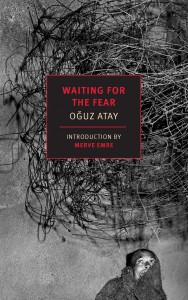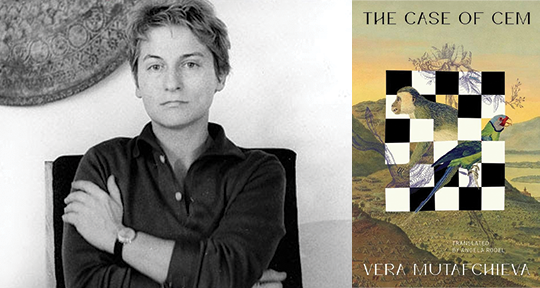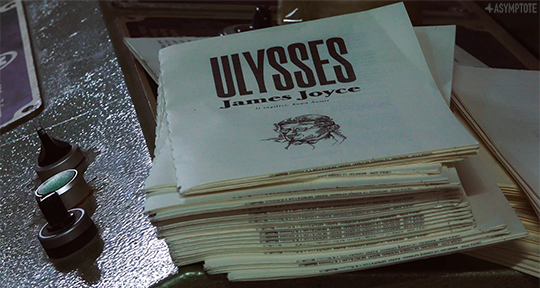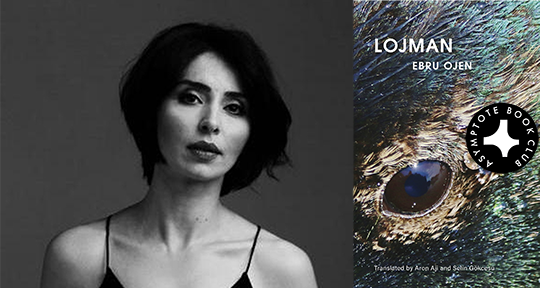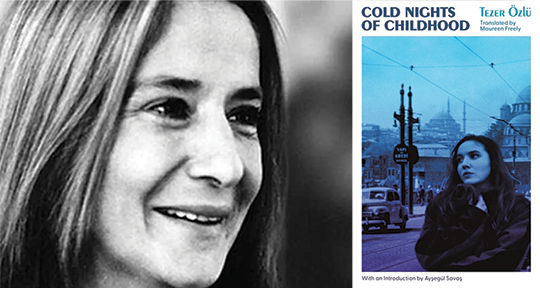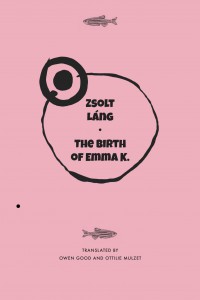This week’s story, both written in and translated from the original Zazaki by Pınar Yıldız, is firmly confined within the walls of its narrator’s house. The photographs decorating the interiors offer an occasion for reflection on familial history for the narrator, who is suffocated by the silence that dominates the “soilless cemetery” of their home. These portraits, a collage of family members and Kurdish folk heroes, are portals into memories of a lush childhood, when the images seemed to manifest a corporeal existence, infusing the household with their vigorous commentary. Once, they held the power to influence the animate world; now, they are simply still lifes. The passage of time, resisted by the frozen shots, is instead measured by the tapering volume of their voices. Through reflections on preservation and vitality, Yıldız ponders what keeps a house, and a family, alive.
The walls of our house, like the walls of many other houses, were like a soilless cemetery. The unfortunate lives got stuck to the walls. It was as if the walls wanted to open their mouths and speak, but they were frozen like soulless frames. A silence spread from the walls into the house. Most of the time, like those frames, we would freeze without saying a single word. Like those photographs hanging on the walls, it was as if we were frozen in a different world.
Only three of the photographs hanging on the walls of our house had not been inside that soilless cemetery; they were struggling to live in a corner. One was Ahmet Kaya’s photo. With his saz (baglama) in his hand and his enthusiastic and hopeful smile, it was as if that photo had made him greater than death while he was still alive. The other photo was of my brother Roni, who had just started school. That photo of Roni in his blue apron was also very precious to my mother, just like Roni himself. Roni, born in the millennium century, looked at the camera with a look as if he was lost in worry and thought. The photograph of my father and Sheikh Necmettin taken by the sea in a distant city has been hanging on the wall in a frame for a long time, and liveliness and life radiated from this photograph. In that photo, Sheikh Necmettin did not look like a sheikh, but like a human being, a gentleman. He was not as old as he is now. I do not know why the sheikh, who I thought never left his big house with a courtyard, had been to that distant country. Maybe Sheikh Necmettin brought those pink hard candies from that distant land by the sea. Maybe he would keep those candies in his pocket as a souvenir from those days and distribute those candies not only to children but to everyone.
Apart from the photographs, calendars and timetables from the month of Ramadan were also lined up on the walls. I remembered the blue walls of my grandparents’ house. Calendars and timetables hung on the walls of their house too. An embroidered towel and a mirror always hung on the edge of the stove. The shape and model of the mirror never changed, but sometimes the surroundings of the mirror were blue and sometimes red. I never saw when the mirror was broken or replaced with a new one.



